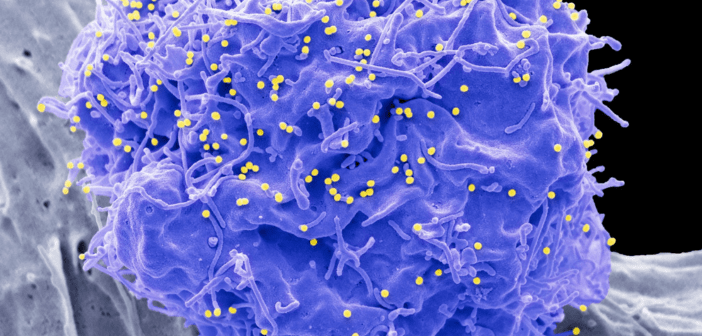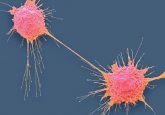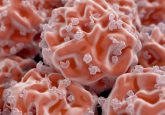Developing a urine test for detecting prostate cancer: an interview with Sanoj Punnen

Sanoj Punnen, MD, co-chair of Sylvester’s Genitourinary Site Disease Group and vice chair of research at the Desai Sethi Urology Institute (University of Miama, CA, USA), is leading a study funded by the National Cancer Institute to develop a urine test to detect prostate cancer. The $2.5-million, 5-year study could help lessen the need for invasive, costly prostate biopsies. In this interview we provide you with a bitesize breakdown of key points of the research.
How could an exosome-based test improve the diagnosis of prostate cancer?
An exosome-based test for prostate cancer already exists and helps reduce unnecessary biopsies. This work would try to make that test more specific and try to reduce false negatives and positives.
There have been challenges and limitations in the past with detecting prostate cancer via urine and other non-invasive methods. But this proposal combines innovative technology from our collaborators at Exosome Diagnostics with well-annotated samples from an ongoing clinical trial of men undergoing biopsy for prostate cancer, placing us in an ideal position for developing a new platform of highly specific markers for prostate cancer detection. The NCI agreed.
What role do exosomes play in this innovative approach and what advantages does this test offer compared to existing ones?
Exosomes contain all the DNA, RNA, proteins and lipids as their parent cells and this material is preserved within the exosomes. As a result, the RNA quality for genomic analysis is better than other circulating DNA and CTC tests. Also, exosomes are secreted by even localized tumors compared to other tests that are only used in more advanced cancers.
How would you like to see the field evolve over the next 5 years?
I would love to see a test that would not only tell you your risk of cancer but also your likelihood of responding to the various treatments available.
What trials within prostate cancer are most exciting in your opinion currently?
Trials are looking at the impact of these markers for selecting patients for one therapy versus another.
Interviewee profile:
 Sanoj Punnen is a board-certified urologist with specialized training in oncology. He completed medical school at Queen’s Health Science and a residency in urology at the University of Toronto in Canada. He then completed a fellowship in uro-oncology at the University of California, San Francisco (CA, USA), where he attained a master’s degree in clinical research. He treats prostate cancer, bladder cancer, and kidney cancer and is an expert in robotic surgery. Punnen also has expertise in using MRI and biomarkers for prostate cancer evaluation and performing MRI-guided and transperineal biopsies of the prostate. Punnen does a significant amount of research and is lead investigator of several cancer trials at Desai Sethi Urology Institute, University of Miami Leonard M. Miller School of Medicine.#
Sanoj Punnen is a board-certified urologist with specialized training in oncology. He completed medical school at Queen’s Health Science and a residency in urology at the University of Toronto in Canada. He then completed a fellowship in uro-oncology at the University of California, San Francisco (CA, USA), where he attained a master’s degree in clinical research. He treats prostate cancer, bladder cancer, and kidney cancer and is an expert in robotic surgery. Punnen also has expertise in using MRI and biomarkers for prostate cancer evaluation and performing MRI-guided and transperineal biopsies of the prostate. Punnen does a significant amount of research and is lead investigator of several cancer trials at Desai Sethi Urology Institute, University of Miami Leonard M. Miller School of Medicine.#
The opinions expressed in this interview are those of the author and do not necessarily reflect the views of Oncology Central or Future Science Group.




